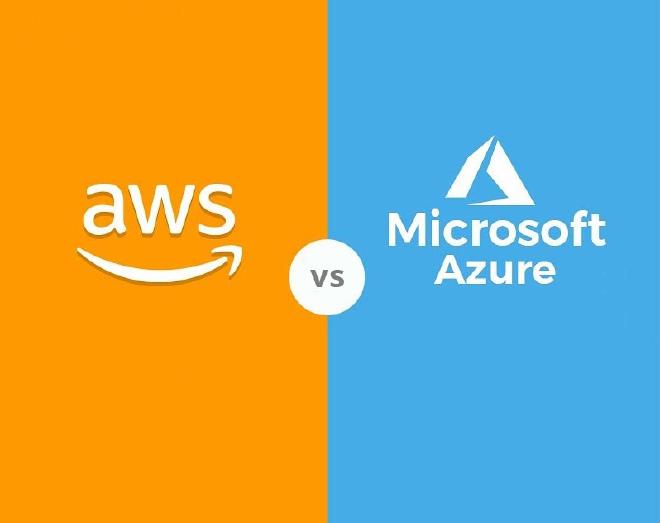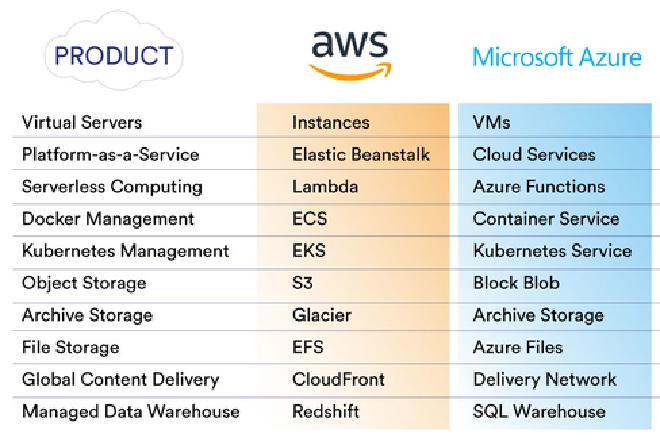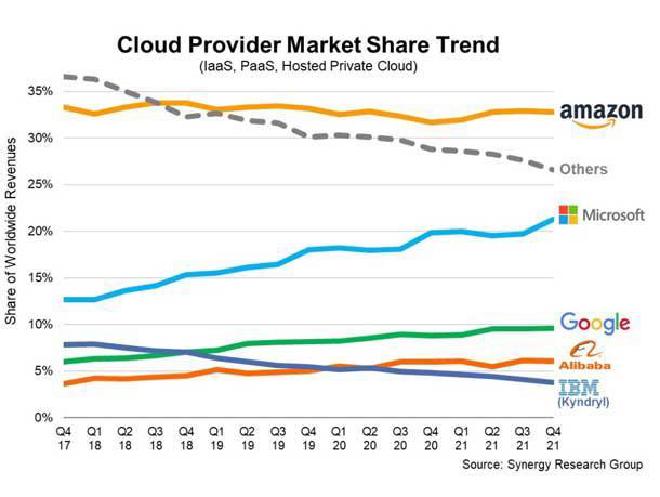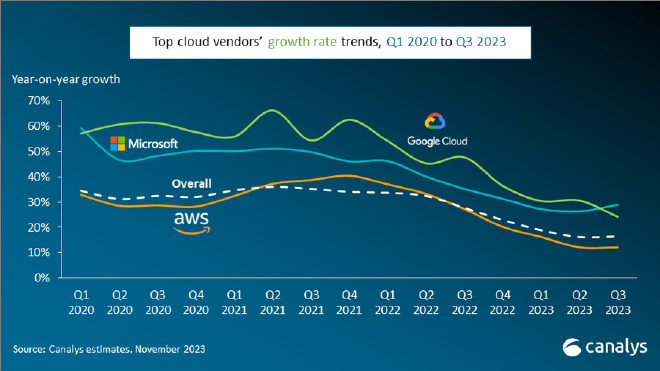Recently I’ve decided to learn more about the ins and outs of cloud technologies in order to improve the performance of our eCommerce stores. We’ve been experiencing unstable page loads on a few key websites despite having caching enabled. Plesk, the hosting management platform, is also loading extremely slowly as well.
I see this as a great opportunity for me to upgrade my skills, and potentially transition into more technical roles, as cloud computing is clearly the future. So the first obvious question is: which cloud platform should I learn?
Of course, AWS seems like the natural choice since that’s what my company uses. But accepting the first obvious option is not in my nature. So I did some research, and here are my findings on a few key questions:

Your tech stack #
What tech stack are you already familiar with, or want to learn more in the future?
Azure provides strong support for both Windows and Linux workloads, making it a good option if your company already heavily invested in the Microsoft stack.
With its tight integration of services like VMs, VMWare, MSSQL, and Active Directory, Azure simplifies the migration process (lift and shift.) It’s also way ahead of AWS in governance, compliance, identity/authentication, and security services, which are critical considerations for enterprise adoption. They also have the most compliance certifications, so governance is a big plus. Hybrid is the default path forward, and for these companies, Azure is the simpler option.
However, if you want to focus specifically on containerization, microservices and serverless architectures, AWS may be a better choice due to its more mature offerings in these areas. Services like Fargate, its container registry and serverless compute like Lambda are more established on AWS. AWS also tends to adopt new technologies faster.
Nonetheless, Azure continues to close the gap and strengthen its position in containers and serverless through improvements to services like AKS and Functions. (see their services comparison here)

Also, Azure devops is much better dev ecosystem compared to AWS’s equivalent. For modern DevOps, Microsoft owns GitHub, so the integration is also great, they have good maintained Terraform modules, and matured Bicep IaC language.
Azure is also currently the go to platform for AI services.
Your ideal workplace #
Where do you want to work: enterprises, government or start-ups?
Azure generally dominates legacy enterprise, finance, insurance, oil&gas, government, etc. If that’s experience you share; or an area you are interested in, go Azure.
AWS generally dominates tech companies, startups and a couple other really crucial areas. If your interests lay in that direction, you know what to do.
Azure = enterprises, government, job stability, security, compliance, governance, good Windows suite integration
Azure is generally better suited than AWS for large enterprises, especially those already heavily invested in the Microsoft software stack.
Many enterprises are migrating workloads to Azure as it allows them to easily “lift and shift” existing Windows VMs, Active Directory, Office 365, and other Microsoft services. The tight integration between Azure and other Microsoft products significantly simplifies management and reduces technical debt. As a result, Azure is seeing faster growth and dominates traditional industries like government agencies that rely on hybrid Windows/Windows+Linux environments.
Azure’s identity and authentication services also facilitate multi-cloud strategies by making it easier to integrate with other clouds compared to alternatives. Azure also has advantages for multi-cloud strategies as authenticating from Entra (AAD) to AWS or GCP is easier than the reverse.
Azure’s appeal and dominance in stable, regulated, conservative sectors like banks, insurance and government means Azure skills remain in high demand if you want to work in these kinds of environment.
AWS = startups, innovation, job growth
AWS is generally the better choice for startups and big tech firms compared to Azure.
AWS has widespread adoption among computer science students and new graduates, making it easier for startups to find developers with AWS experience. The initial setup and costs are also lower with AWS due to their generous credits and free tier offerings. This lower friction allows startups to focus on building their product rather than infrastructure planning.
However, as companies grow to mid-size or enterprise level, Azure may become a better fit. Managing technical debt and security is much more difficult on AWS compared to Azure’s more hierarchical structure.
For career prospects, AWS dominance in the market, especially among startups and big tech firms, leads to higher salaries generally for cloud engineers. There might be also more demand since AWS is more widely used.
Note that there are anecdotes that migrations from Azure to AWS are less common than the other way around.
The local job market #
Which has more demand around where you live?
While AWS currenly has a wider global market share, your job prospects for each cloud technology might depend on your location. For example, places like Sweden, or the Australian Capital Territory, see more Azure-focused companies due to their pre-existing reliance on Microsoft products and factors mentioned above. This can translate to more Azure-related job opportunities in these areas.

In terms of global perspective, while AWS currently holds the larger market share overall, Azure’s growth rate is outpacing it. This suggests a potential shift in the future, with job opportunities potentially rising for Azure skills worldwide.

Yet again, predictions only paint a picture of what might be. Stay informed about industry trends and job market demands to make informed career choices.
The process of learning & getting certs #
Is it expensive or difficult to acquire learning resources?
If you are on a budget or without time pressures, Azure is likely the best initial choice to learn. Azure offers a wealth of free learning resources through their extensive online portal. This allows newcomers to build foundations in cloud concepts and technologies at their own pace without cost.
As Azure’s infrastructure model is more modular and à la carte, it is also easier to experiment hands-on without significant commitment. By contrast, AWS presents a more integrated set of tightly coupled services that can be harder to grasp overall without full consideration of dependencies.
For these reasons, focusing first on Azure certification and hands-on experience through their generous free tier provides a low-barrier entry point to cloud.
Once familiar with basic cloud principles via Azure, expanding knowledge to include AWS opens up additional opportunities. While AWS services are more optimized into cohesive end-to-end solutions, understanding its approach benefits those wanting to work with companies already reliant on AWS services or learn how other platforms solve similar problems.
However, for initial skill development or on restrictive budgets, Azure facilitates self-paced learning through their learn portal and customizable infrastructure on demand while minimizing costs. This makes Azure the ideal starting place before branching out to comprehensively learn multiple cloud platforms.
The reality #
Coming directly from those who are working in the industry themselves
Focus on skills. Regardless of platform, developing solid cloud computing skills will always be valuable. Key services for cloud positions include Azure AD, Azure Functions, AWS Lambda, Google BigQuery, Google Kubernetes Engine, AWS CloudFront.
The majority of organizations, large and small, are currently leaning towards cloud agnostics. The trend is towards multicloud and hybrid cloud, accompanied by Kubernetes (k8s). When talking about multi-cloud, skills are transferable. So don’t have a mindset of learning one. Just pick one and get a beginner cert.
Then hone your expertise in areas like architecture, security, and development across different cloud platforms. Nowadays, people are using pulumi/terraform for the devops stack rather than native solutions. So the step after that is to start learning an IAC platform like Terraform and use it to create and manage cloud infrastructure is recommended. This will make the learning curve steeper, but your prospects in the medium to long term will be massively boosted!
